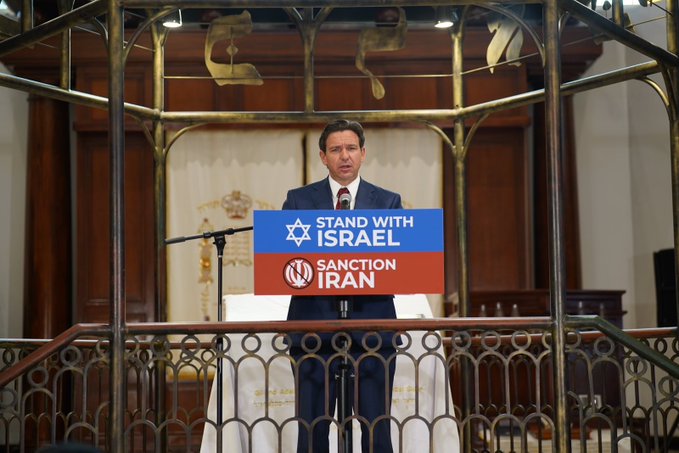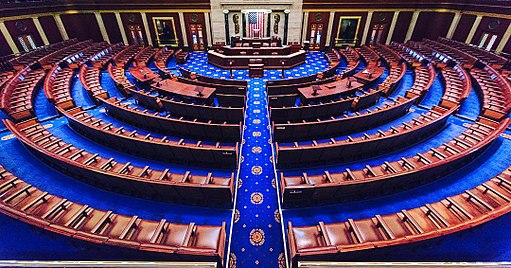“US officials,” Nahal Toosi, Lara Seligman, and Paul McLeary write at Politico, “are worried that violence in Israel’s neighbors will spiral into a larger regional war.” More specifically, they’re worried that such a war will result in US casualties among US troops across the region.
For some reason, though, the Biden administration is flooding the region with MORE troops — a second carrier strike group and (presumably US-operated) air defense systems — instead of withdrawing the thousands already there to the relative safety of the country they enlisted to, allegedly, defend.
Why are US troops even there? There is no “why.” They’ve ALWAYS been there, since the beginning of history … October 7, 2023. That’s when a group no one had ever heard of launched an inexplicable attack on a brand new country with no previous regional beefs that might explain any of the craziness.
The previous beginning of history, September 11, 2001, set the previous clock ticking when another group no one had ever heard of launched an inexplicable attack on the United States.
The US regime hadn’t bankrolled and launched that group in the 1980s to give the Soviet Union “its own Vietnam.” Its leader hadn’t issued a 1996 declaration of war demanding the withdrawal of US troops from the Middle East. The group hadn’t attacked US embassies in Kenya and Tanzania in 1998 to drive the point home, or the USS Cole in 2000 for emphasis.
None of that ever happened. A Big Bang occurred at 8:46 Eastern Time on 9/11, erasing everything that had gone before and making anything that came after totally, completely, and obviously justified.
Another Big Bang occurred on October 7, so here we go again.
Such Big Bangs occur frequently throughout history. Think June 28, 1914, or September 1, 1939, or December 7, 1941, or February 24, 2022.
These Big Bangs are always described as “everything changed” moments, after which we’re expected to forget anything — incidents, grievances, and especially moral codes — associated with a time before, so that those demanding such amnesia from us can get away with doing whatever they please until the next Big Bang resets the clock again.
In reality, these “everything changed” claims are “nothing must be allowed to change” demands. They’re an attempt to erase our memories so we won’t notice our rulers doing the same things over and over while promising us different results.
Perpetual war is our lot until we defy our rulers’ magic resets by allowing ourselves to remember, confront, and learn from history.
Thomas L. Knapp (Twitter: @thomaslknapp) is director and senior news analyst at the William Lloyd Garrison Center for Libertarian Advocacy Journalism (thegarrisoncenter.org). He lives and works in north central Florida.
PUBLICATION/CITATION HISTORY



